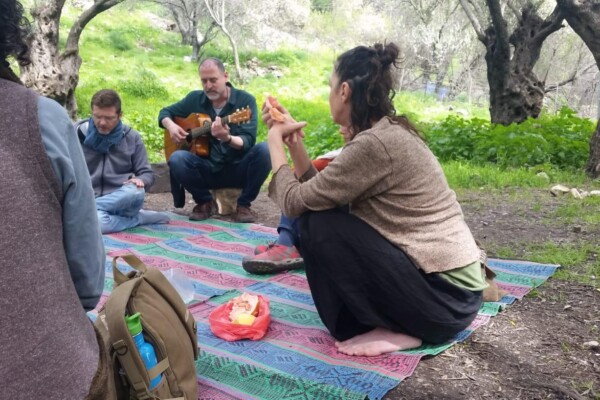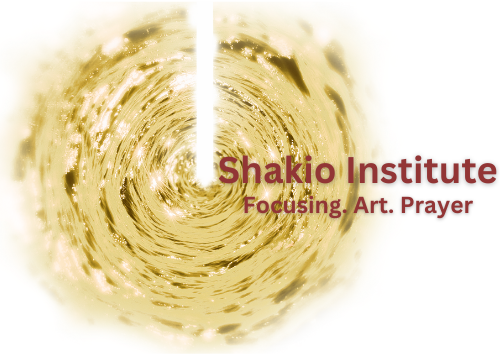Most of the world thinks and acts in terms of formed things, patterns, units, entities…We claim, instead, that what is not already formed is a greater order, more finely differentiated than any forms and concepts, and yet also unfinished.” Eugene Gendlin
Focusing is a practice developed by the philosopher and psychologist Eugene Gendlin a professor at Chicago University. At its core, it acknowledges that every experience, situation, or problem is broader and much more intricate than what a person perceives. Directing attention to our “felt sense” of what is happening in a situation allows for the ‘more’ within it to open up. This is a ‘more’ that cannot be understood through regular thinking, but only through the “felt meaning” which is something that we sense in the body.
The Focusing practice teaches precise steps through which a body sensation is transformed into a new understanding. These movements are what allow us to transition from closed, stuck, or ‘confused’ life situations towards new life movement.


However, this is only the first phase. The opening of the ‘more’ also changes our “self” to be more – more intricate and varied; with sensitivity to finer resolutions and an ability to handle complex situations with a broader perspective. In Focusing as developed at the Shakio Institute, we focus not only on changing life situations but also on learning how focusing can transform the self and our ways of perceiving life.
Focusing is not just aimed at alleviating and providing a “better solution” for life problems, or just at uncovering the complexity inherent in every situation; all these do, in fact, take place as part of the focusing process, but focusing also teaches the person to recognize themselves as a ‘being in creation(ing)’. A being who is continually being created and is a partner to the process of their creation.



